
News




This report presents a review of the basics relating to disinfectants and how to ensure their proper and optimal use in healthcare institutions as part of a structured program to address healthcare-associated infections.

Since the treatment has become available, HIV is often described as "undetectable" and the risk of transmission has been drastically reduced. However, the epidemic is still quite present in the lives of many gay and bisexual men... and in public spaces. This often overlooked dimension of the disease has been brought to light by Gabriel Girard of the University of Montreal's Public Health Research Institute (IRSPUM). HIV is still alive in the city, especially in the Village, Montreal's gay district.

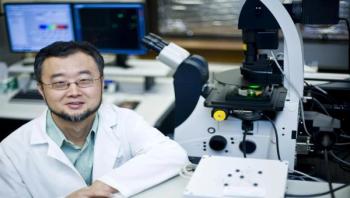
A key set of immune cells that protect the body from infection would be lost without directions provided by vitamin A, according to a recent study. A team of researchers from Purdue University found retinoic acid, a metabolite that comes from digested vitamin A, is necessary for two of the three types of innate immune cells that reside in the intestine to find their proper place.







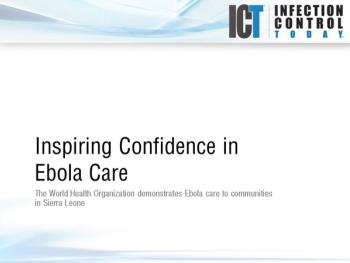
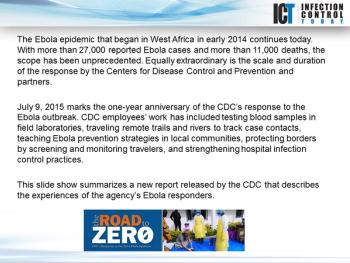







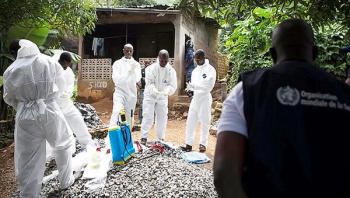
One year ago, when Dr. Olu Olushayo arrived to coordinate the WHO Ebola response in Sierra Leone, he found not only an outbreak on a scale beyond his worst imaginings but myriad problems that needed complex solutions. Even where funds were available, there were not enough ambulances in the country, not enough Ebola treatment beds, not enough nurses and other healthcare workers as fast as needed. This is his story.




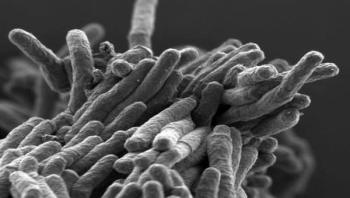
Testing thousands of approved drugs, EPFL scientists have identified an unlikely anti-tuberculosis drug: the over-the-counter antacid lansoprazole (Prevacid®).